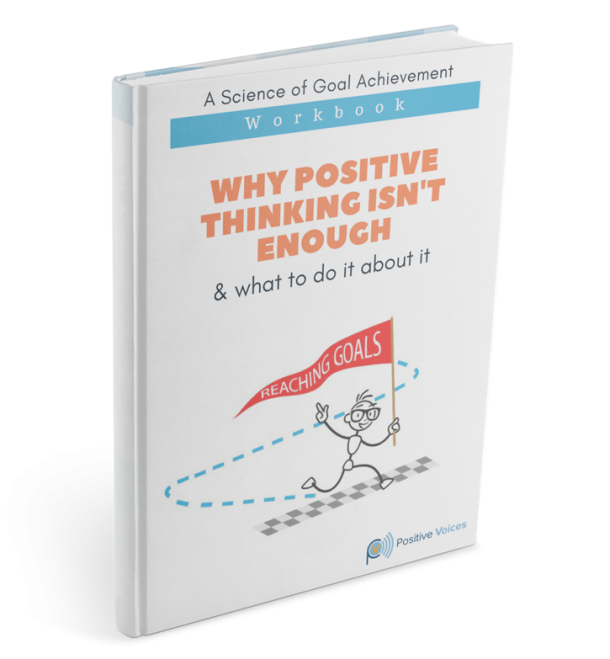 When we picture the attributes of a high performer, we commonly think of words like confidence, influence, energy, and other associated ideas.
When we picture the attributes of a high performer, we commonly think of words like confidence, influence, energy, and other associated ideas.
But in all our excitement about these high-performance buzz-words, we may overlook foundational attributes that are just as (or possibly more) important. In this blog, I’m suggesting that humility is one of these overlooked attributes.
For starters, let’s empirically establish the idea that we think of humility a whole lot less than those other terms as it relates to high performance. An easy way to do this is to do a google search coupling the phrases “high performance” (in parentheses) with each term. This type of analysis has shown to be a surprisingly useful way of learning how words and ideas relate to one another. Below is a chart that shows how often humility is paired with “high performance” compared to other terms:

According to these numbers, “high performance” is 296 times more likely to be used in conjunction with confidence than humility. And energy and influence are even more prevalent—with each term mentioned in connection with “high performance” 560 times more than humility. These numbers suggest that society is largely overlooking humility as an attribute of high performers. I think this is a mistake.
A recent article in the Journal of Positive Psychology summarized the last two decades of personality research on humility. The article cites several dozens of studies showing that people who rate high in humility tend to be more optimistic, hopeful, decisive, and driven to succeed than less humble people. They also tend to have more self-esteem and less anxiety. On the other hand, people lacking in humility are more likely to engage in dishonest or immoral behavior (marital infidelity, etc.), less likely to admit wrongdoings, and less likely to forgive others.
Some of these findings are intuitive. For example, most of us recognize humility in someone who’s willing to admit wrongs or forgive others. But other findings are less intuitive. When we think of optimism, confidence, and drive, do we picture a humble person? I don’t think we do—at least not as much as the research suggests we should. And, if we aren’t mindful of the ways that humility can improve our lives, it’s unlikely that we’ll make an effort to cultivate it.
Being humble helps us perform better in at least two ways. First, humility promotes intellectual growth. Tenelle Porter, a research psychologist at UC Davis, studied the outcomes of high school and college students who rate high in humility. She found that humble students got better grades and learned faster. The reason? They were less interested in looking smart, and more interested in learning what they didn’t yet understand. When we’re humble, we don’t have to be right all the time (a quality that is increasingly rare these days). Embracing, (rather than running from) being wrong gives us the emotional freedom to learn from our mistakes. And learning from mistakes is key to sustained high performance.
Another benefit of humility is that it often leads to higher levels of motivation. Why? It may have to do with the fact that humble people have a greater concern for others—which can act as powerful motivator to do our best. In 2008, Wharton Business School professor, Adam Grant measured differences in work performance based on employee motivation. Grant found that workers who had both intrinsic motivation and “pro-social” motivation (i.e. motivated to help others) put in about 60% more overtime work, and brought in about 25% more money than other employees. This is a powerful example showing that the humble habit of thinking about others first helps us to be our best.
I hope these research findings have persuaded you that humility is virtue worthy of attention. If they have, let me a simple routine that you can do every day to cultivate the strength of humility. Each morning, try asking yourself three questions and writing your answers in a journal. Here they are:
- What am I grateful for? Arguably, asking yourself this question has more proven benefits than any other practice in positive psychology. People who think about what they’re grateful for increase their humility and have sustained levels of increased happiness)
- What did I learn yesterday, and how can I do better today? This question is a reminder that you’re always learning, and will direct your attention to areas for improvement.)
- Who could use a little help and what can I do for them? As mentioned, the hallmark of humility is learning to think about others more than ourselves. What better way to do that than by daily asking yourself how you can help others? An added benefit of this practice is that you will likely feel happier about your life after only a few days of doing it)
I’ve found these questions to be very useful in my own life. The more I reflect on my answers to these questions, the better I feel, and the more motivated I am to be my best self. I’d like to say that these questions have helped me become humble; but that feels ironic and unware—so, I leave it at this: Whatever helps us cultivate the virtue of humility is worth our attention. And, to the extent that we’re able to increase our humility, we should know that we’re also increasing our performance. Let’s not overlook this truth any longer.

